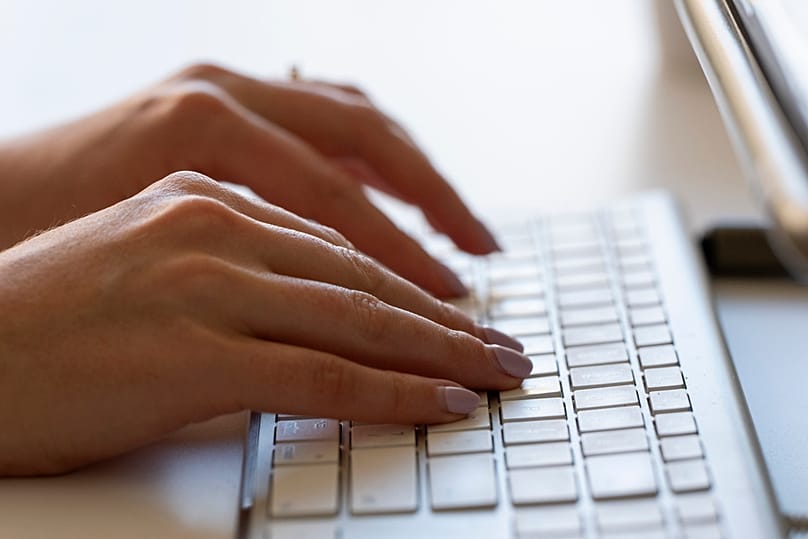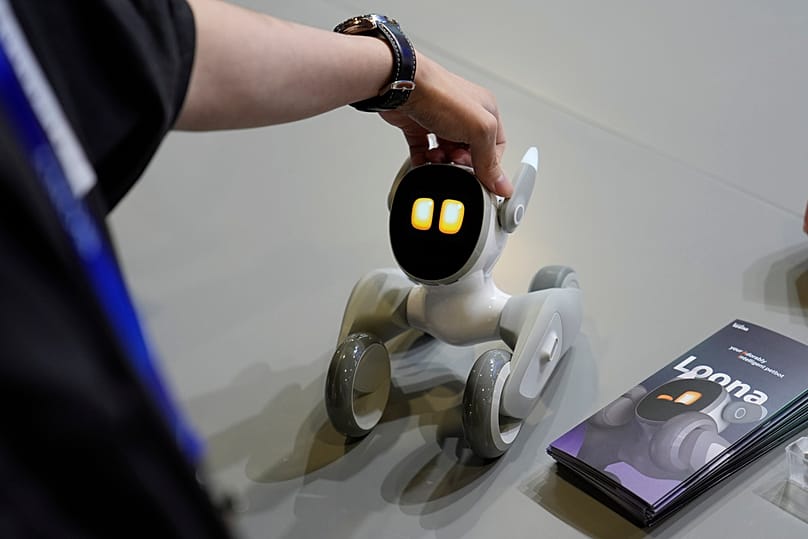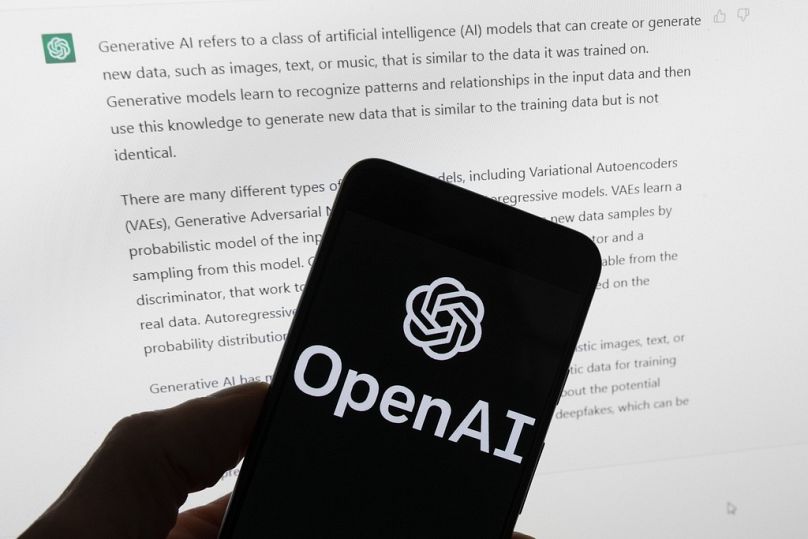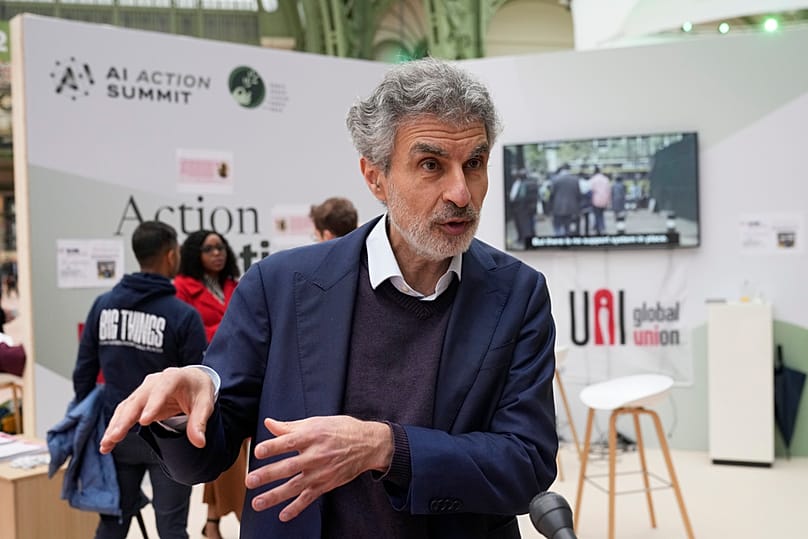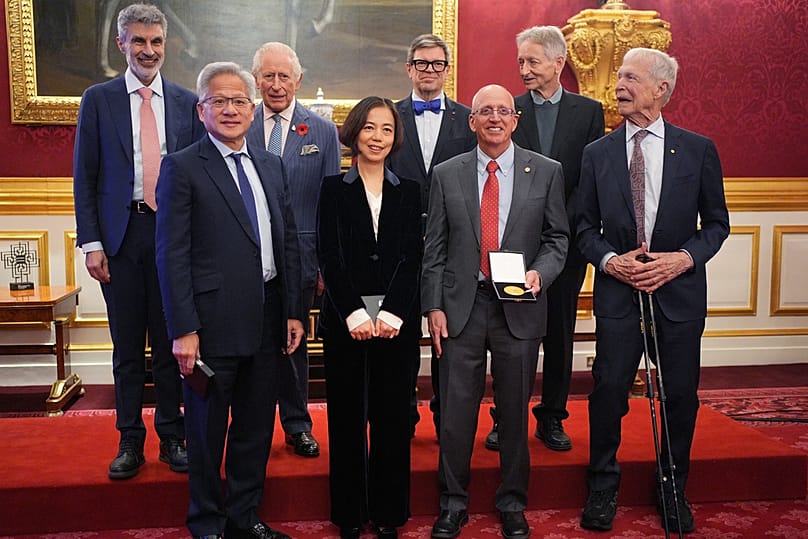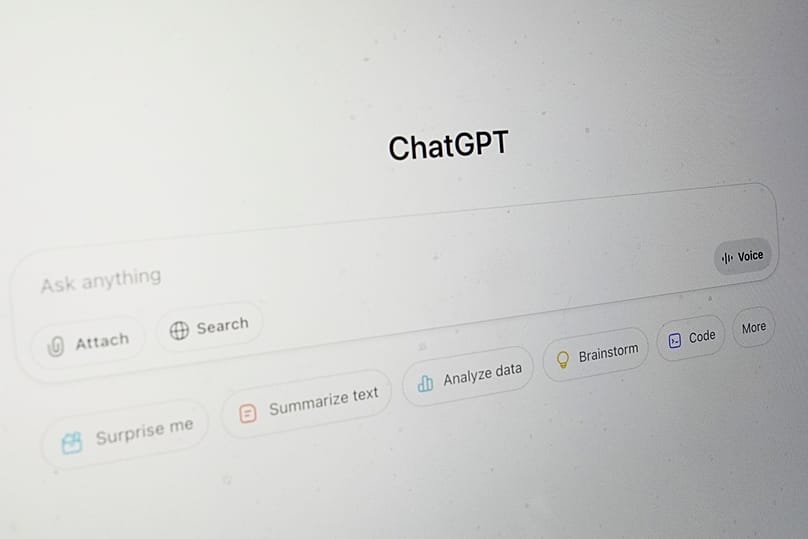Global battle to lead in AI: Regulation, geopolitics, security and the new rules that will determine the future of AI
2025 finds the world at one of the most critical moments in technological history. Artificial intelligence (AI) is no longer a promise or a vague threat of the future. It is already here, reshaping economies, overturning power balances, influencing elections and raising questions about the limits of human responsibility.
 ADVERTISEMENT
ADVERTISEMENT
 ADVERTISEMENT
ADVERTISEMENT
The debate is no longer "f AI will change everything, but who will determine how**.**
Governments, regulators, tech giants, and leading researchers are clashing over the architecture of regulation: what rules will be set, to whom they will be applied, who will be protected and who will have the power to disrupt or certify a powerful AI model.
Europe is moving forward with the AI Act, the United States is trying to build a more flexible model driven by innovation, while China is seeking to combine technological leadership with strict state control. And in the meantime, scientists like Geoffrey Hinton, Yoshua Bengio, Stuart Russell and Timnit Gebru are sounding the alarm.
The result is a multifaceted battle for the future. And 2025 is the year when it all begins to crystallise.
The Fragmented Landscape of Global Regulation
The European Union: The most ambitious - and most rigorous - approach
The European Union is the first region in the world to decide that AI needs a comprehensive institutional framework. The EU AI Act, the flagship of European digital policy, attempts to introduce a single risk categorisation:
- Unacceptable risk
- High risk
- Limited risk
- Low risk
The logic is clear: Protect citizens, fundamental rights, and avoid abuse in critical areas such as health, justice, education, and public administration.
But the devil is in the details.
At the core of European concern is the idea that AI cannot be left to complete market freedom, but must operate in a secure environment.
Margrethe Vestager, former executive vice president of the European Commission: 'We cannot let AI develop unchecked. Protecting citizens is a prerequisite for innovation."
And European Parliament President Roberta Metsola has said, "AI can transform Europe, but only if there are rules to ensure that it serves humans".
However, many tech companies argue that overregulation stifles innovation.
Vassilis Stoidis, CEO of 7L International and MassinGRID, said: "We don't need a specific regulatory framework for AI.Existing data protection legislation for the individual should also cover AI. We need to avoid over-regulation, as this leads to the dismantling of individual rights and progress.
"However, on AI, Europe can strengthen and simplify its legislation on the protection of the individual. Simplification is also an extra strengthening of individual rights".
Europe is trying to become the "regulatory model" of the planet, but it faces a colossal problem: it doesn't have its own tech giants to implement its strategy at scale.
Tech companies fear that regulation will slow down innovation, while many SMEs are worried about the cost of compliance.
"Yes, there is a risk of disadvantage for European companies. However, in the wake of AI, Europe can strengthen and simplify its legislation to protect the individual. Simplification is also an extra strengthening of individual rights," saidStoidis.
On the other hand, technology rights organisations argue that the regulation is not strict enough for the most powerful systems - the so-called frontier models.
The United States: regulation by the back door
The US does not have a uniform law like the EU AI Act. Instead, they use:
- Executive Orders,
- guidelines for federal agencies,
- state-level legislative initiatives,
- and export controls on advanced chips.
Washington adopts one principle: don't stifle innovation.
The American model wants to give companies room to grow. But at the same time, the administration is trying to limit the spread of strategic technologies to China through export controls.
US President Donald Trump is considering pressuring states to halt state regulation of artificial intelligence (AI) in a draft executive order, according to reports on Thursday.
China: Control, speed and strategic superiority
China has adopted some of the most stringent yet fastest regulations in the world. From 2022 it has:
- Regulation on algorithms,
- Rules for deepfakes,
- A sophisticated state licensing system.
The philosophy is based on state oversight: AI is a strategic infrastructure and must be consistent with the interests of the state.
The Chinese approach allows for very rapid adoption of new technologies at scale. But it is criticised for lack of transparency, absence of independent control and restrictions on freedom of use.
Yoshua Bengio: "The most powerful models should not go unregulated"
Bengio, one of the three 'godfathers' of AI, has become the most vocal voice in favour of regulating frontier models- huge systems that may acquire unpredictable capabilities.
He suggests:
- Independent safety testing
- Mandatory transparency of training data
- International coordination is similar to that of nuclear energy
Geoffrey Hinton: Fears his own creation
Hinton, who left Google so he could speak freely, is perhaps the most iconic figure in the debate.
In his talks, he explains that large-scale models develop unpredictable behaviours.
He insists that it is required:
- International cooperation
- Limits on the autonomy of systems
- A gradual transition to secure architectures
Stuart Russell: We built machines we don't know how to control
Russell, one of the most respected academics in AI safety, argues that the most fundamental mistake is the traditional design of systems that maximise a goal.
He states systems should be uncertain about their goals. Only then can they be corrected by humans.
He proposes a new architecture: "AI systems that defer to humans".
Timnit Gebru: The voice of ethics and accountability
Gembrou, who was removed from Google due to controversy around the ethics of AI, stresses that the debate cannot be just about safety; it must also be about fairness.
It highlights risks of discrimination, bias and social inequality.
The Big Breaks in the Global Conversation
Who will set the rules?
The EU, the US, and China have three completely different models of regulation. The result is that companies operate like "multinationals in three worlds".
The question is increasingly being asked:
Can AI be regulated at a national level?
Most experts believe not.
The Transparency Dilemma
The big models are 'black boxes'. Even their creators cannot fully explain why they produce specific answers.
"There are closed source and open source models. Each company chooses its strategy. History has shown that open source wins, I believe we will see the same in AI," Stoidis said.
Frontier Models and the Black Hole of Power
The frontier models of the next two years will have thousands of times more parameters than the current ones. They will be able to:
- Generate code autonomously
- Conduct scientific research
- Manage crises
- Perform complex tasks without human supervision
Who will certify them? Who will decide if they are safe?
This is the hottest topic of discussion.
Towards a new international regulatory architecture
Experts involved in international initiatives (G7, OECD, UN AI Advisory Board, etc.) are proposing a new model of global cooperation.
This architecture includes:
Frontier AI International Certification Authority
An international body that:
- Will test models before they are released
- Assess capabilities, risks and vulnerabilities
- Issues binding certificates
Education and Transparency Registry
Mandatory disclosure:
- Of training resources
- Computing power
- Basic principles of model operation
Does not mean disclosure of trade secrets, but democratic accountability
Mandatory Safety Tests
Safety tests will examine:
- Ability to misinform
- Ability to generate malicious code
- Manipulation
- Unwanted emergent abilities
Civil Rights in the Age of AI
Privacy, right to explanation, right not to be profiled without consent, right to human oversight.
Economic Incentives for Safe Innovation
Subsidies for secure models, tax incentives for implementing standards, and funding for small labs so that innovation is not monopolised by giants.
Global Agreement on AGI & Frontier AI
An international treaty setting limits on the development of models that go beyond specific computational capabilities.
Many scientists believe this must be done before systems with human-level general intelligence emerge.
Who will win the battle?
The battle to regulate AI is not only institutional. It is also:
- Economic (who will lead the industry)
- Geopolitical (who will set the global standards)
- Social (who will be protected)
- Democratic (who will control the information)
The big question remains:
Will AI serve society or define it?
The answer depends on the decisions that will be taken in the next two years. The window will not remain open for long.











